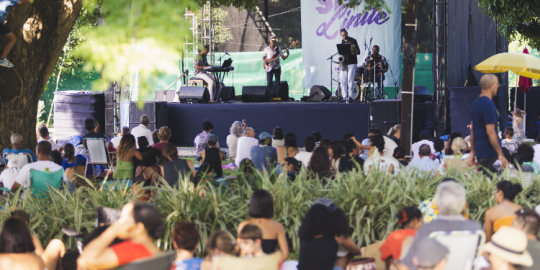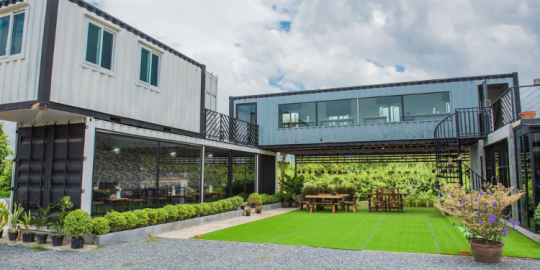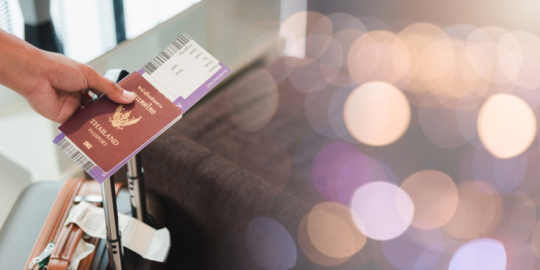The Spartacus index is a good tool for expats who are willing to get to know some (more than two genders) friendly countries to visit or to live, as it focuses on places that have passed gay marriage laws, for example. Since 2012 they have run data research to get to know the most friendly countries for LGBTQIA+ people, based on several criteria as discrimination, legislation, transgender Rights, intersex option, LGBT marketing, religious influence, anti-gay laws, prosecution and others.
Therefore, there are some relevant questions to consider before choosing a country to move abroad if you search for a less heteronormative one: does it allow same-sex couples to get married? Do transexual people have the right to change their names on their ID? Are there public cases of homophobia and violence based on gender? What about LGBTQIA+ rights? Are they as citizens included in the national census and social programs? Are pride events allowed and encouraged?
To help expats who see the world from a critical gender perspective, we decided to compile a list of the five most LGBTQIA+ and no binary friendly countries to move abroad based on the mentioned criteria and on the Spartacus Index 2021.
Canada (#1 Spartacus)
Canada is the most gay-friendly country in the world, according to the Spartacus index. The country is known for having its leader Justin Trudeau (straight white male), leading a gay pride parade in 2016, waving a transgender flag, and crying out “Happy Pride”.
There are about 25 gay pride events every year in Canada. When it comes to LGBTQ rights, the State of Quebec was the first one to ban discrimination based on sexual orientation in 1977, and in the 1990s, the whole country extended it. In 2005, Canada became the 1st country in the Americas and the 4th in the world (after Holland, Belgium and Spain) to legalize gay marriage. Moreover, they have formally recognized a third gender option since 2017, and the right to change legal gender is possible without having to undergo gender reassignment surgery.
Portugal (#2 Spartacus)
Portugal legalized homosexuality in 1982, and they introduced one of the most comprehensive sets of anti-discrimination laws between 2003-2013. Gay marriage was legalized in 2010. Adoption for same-sex couples was allowed in 2016. In 2011, it passed the Law of Gender Identity, one of the most advanced transgender-friendly laws in the world, because Portugal is one of the few countries to have an outright ban in its constitution against discrimination towards LGBTQ people.
Spain (#2 Spartacus)
With around 15 pride events in a year, Spain legalized homosexuality in 1979 and passed a comprehensive set of anti-discrimination laws in 1995. They are the 3rd country in the world to legalize gay marriage (after Holland and Belgium). Then in 2006, Spain allowed transgender people to register their preferred gender in public documents such as birth certificates, ID cards and passports without having to undergo any surgery. Besides, in the capital Madrid, they have their own pride neighborhood called Chueca.
United Kingdom (#5 Spartacus)
England/Wales legalized homosexuality in 1967, Scotland in 1981 and Northern Ireland in 1982. Between 2004-2008, the UK passed a comprehensive set of anti-discrimination laws. In 2014, England/Wales/Scotland legalized gay marriage. However, Northern Ireland just followed in 2020. More recently, the UK has implemented laws that require schools to have sexual education for children, with subjects about gender and sexual orientations beyond the binary system.
The UK has some progressive transgender laws, and it holds around 150 pride events a year. Besides, in terms of language, the title “Mx” is recognized in law as an alternative for non-binary people.
Uruguay (#5 Spartacus)
Despite the fact Uruguay is from a continent with a strong influence from the Catholic Church, the country has a strict separation of state and church dating back to the early 1900s. In the same period, it introduced the Welfare State, accepting equal marriage law in 2013. Additionally, Uruguay legalized homosexuality in 1934 and introduced comprehensive anti-discrimination laws between 2003-2004. The right to change legal gender was introduced in 2009, as well as the recognition of a third gender on official documents.
















